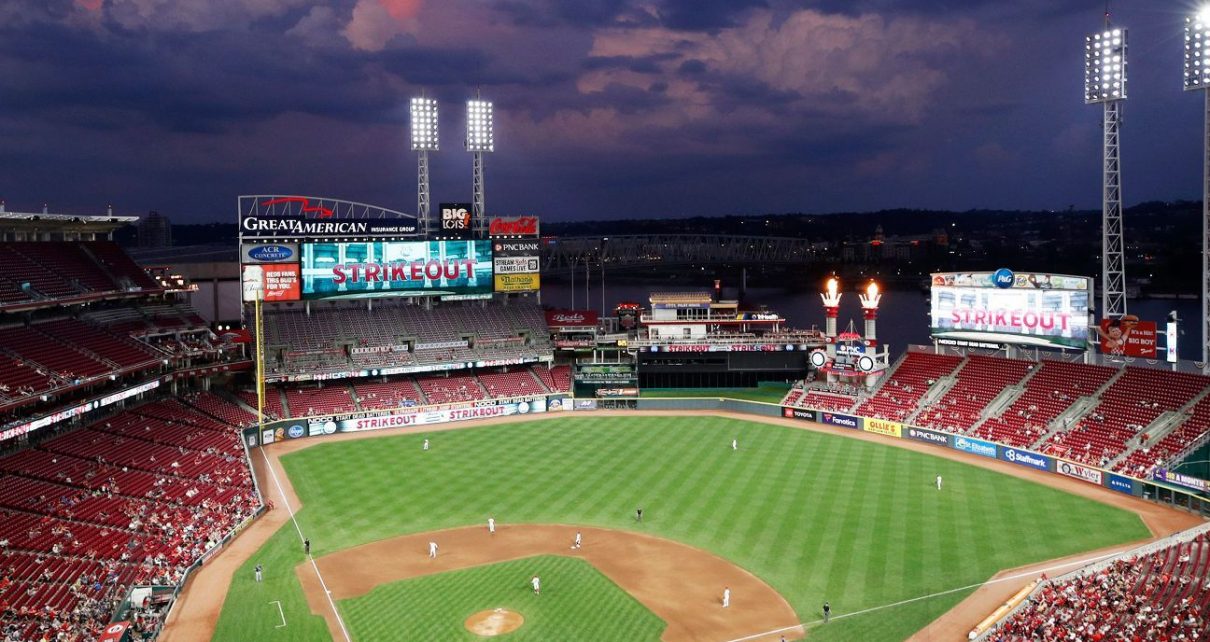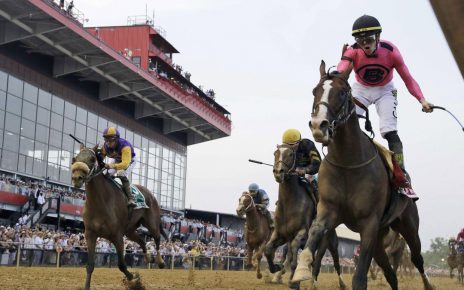After weeks of holding out hope that the Tour de France would be able to go ahead as planned despite the coronavirus pandemic, the world’s most famous cycling race was finally added to the list of sporting events affected.
The three-week race is still set to take place this year, however, with race organizers announcing Wednesday that a new start date has been set for Aug. 29, with the event scheduled to run through Sept. 20.
The course will not change from its original plan, which concludes in Paris.
That new time slot would see the race end on Champs-Elysees just as the rescheduled French Open tennis tournament starts a few miles away in western Paris.
“We would like to thank all of cycling’s stakeholders, the Tour de France’s partners, its broadcasters as well as all of the local authorities for their reactivity and their support,” the organization said in a statement. “We all hope that the 2020 Tour de France will help to turn the page on the difficult period that we are currently experiencing.”
French cyclist Julian Alaphilippe, who led last year’s race for long spells before fading to finish fifth, welcomed the news.
“It’s great news and a great joy. To be honest, I was starting to lose a bit of hope,” he told France 2 television channel. “It’s a great source of motivation for the riders, and it should give the French a lot of pleasure … Whatever happens it will be a great celebration.”
The Tour was set to start on June 27 in the Riviera city of Nice, but that effectively became impossible Monday night when French President Emmanuel Macron announced in his speech to the nation that all public events with large crowds have been canceled until at least mid-July.
The last time the Tour was not held was in 1946, with the nation still emerging from World War II. It was also stopped during World War I.
Holding the race without legions of fans on the roadsides and mountain passes of France — an idea previously proposed by French Sports Minister Roxana Maracineanu — is not something organizers are likely to favor.
Millions of fans watch each year’s race in a festive atmosphere across many regions. This year’s event has 21 stages, with the longest of them stretching 135 miles. Thousands of police officers are needed to keep crowds under control and help negotiate safe passage for riders.
Riders, too, have to be physically ready to tackle the grueling race. After weeks of confinement, competitors would likely need several more weeks to get into racing shape.
Borders would have to be open so racers like last year’s winner — Colombian rider Egan Bernal — can travel to France.
The International Cycling Union also said the world championships will go ahead as planned from Sept. 20-27 and will be followed by the Giro d’Italia and the Spanish Vuelta. No official dates were given for those two major races.
The UCI said all the prestigious one-day road classics, including the Paris-Roubaix over the cobblestones, the Liege-Bastogne-Liege and the Milan-San Remo, will go ahead. Dates were not given, but the suspension of all races on the UCI calendar was extended one month to Aug. 1.
Wednesday’s decisions were taken following a video conference meeting organized by the UCI, with all the principal representatives of professional road cycling consulted.
UCI president David Lappartient praised them “for their collaboration and their commitment in these difficult times.”
“We still have work to do to finalize the establishment of an entirely revised 2020 UCI International Calendar given the coronavirus pandemic that has shaken the world,” Lappartient said, “but a first very important step has been taken today.”
The Associated Press contributed to this report.



